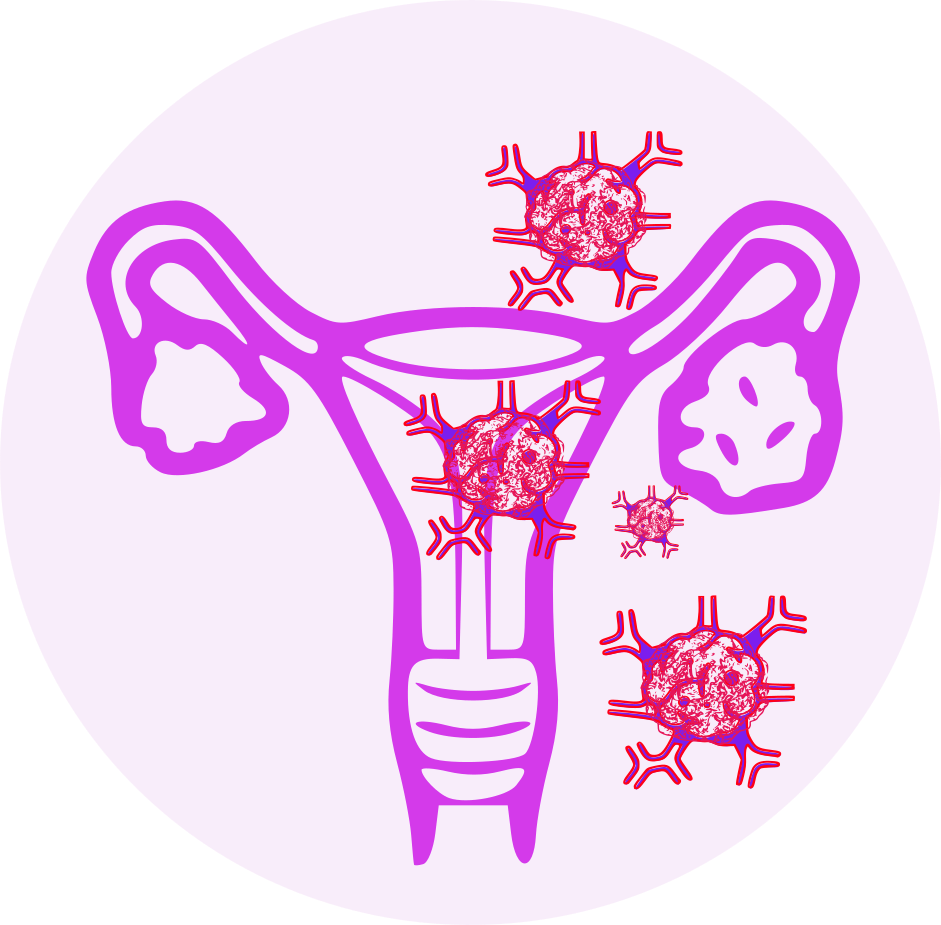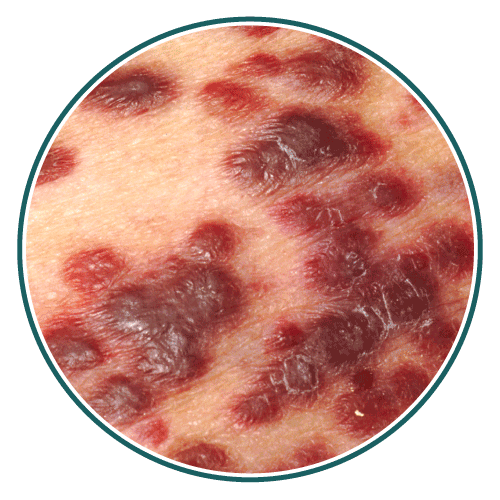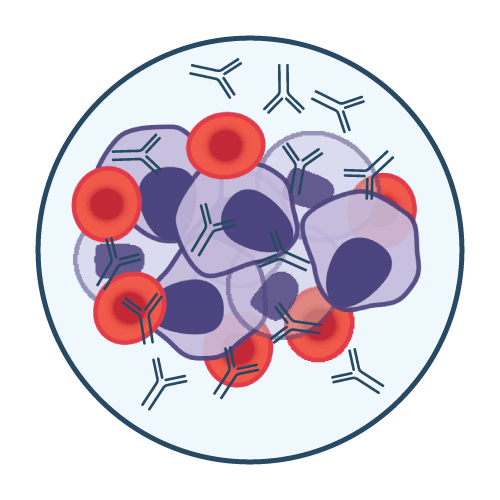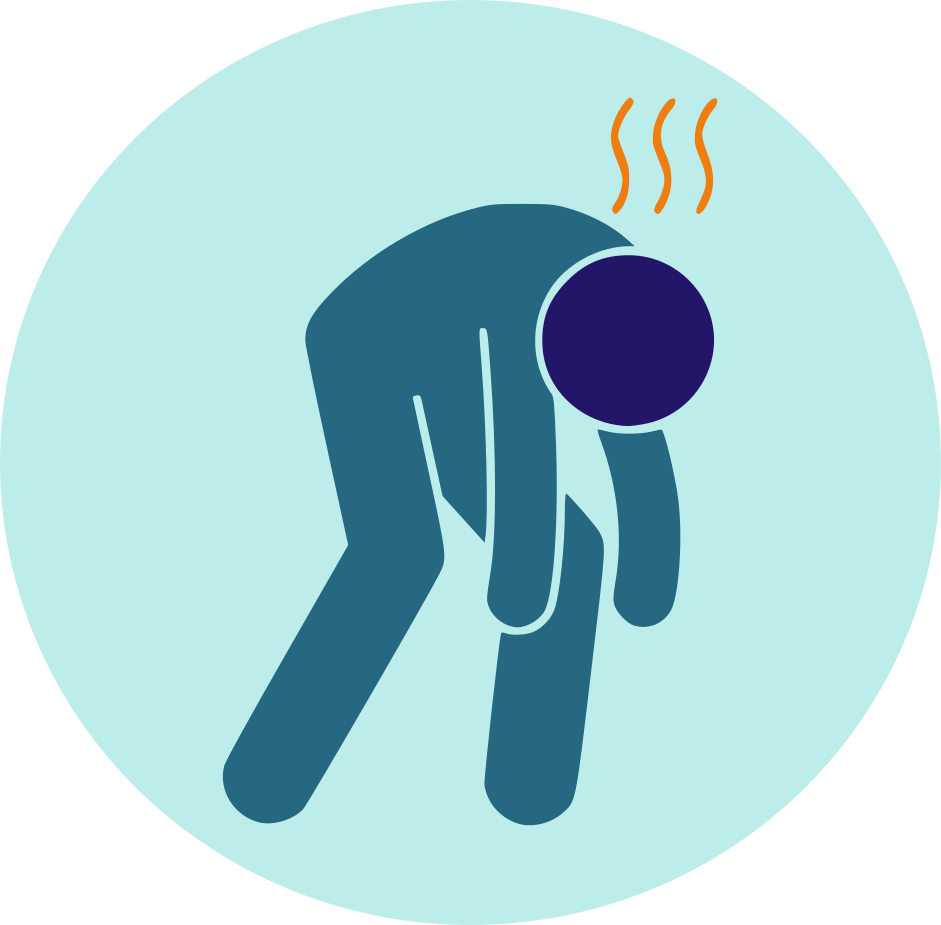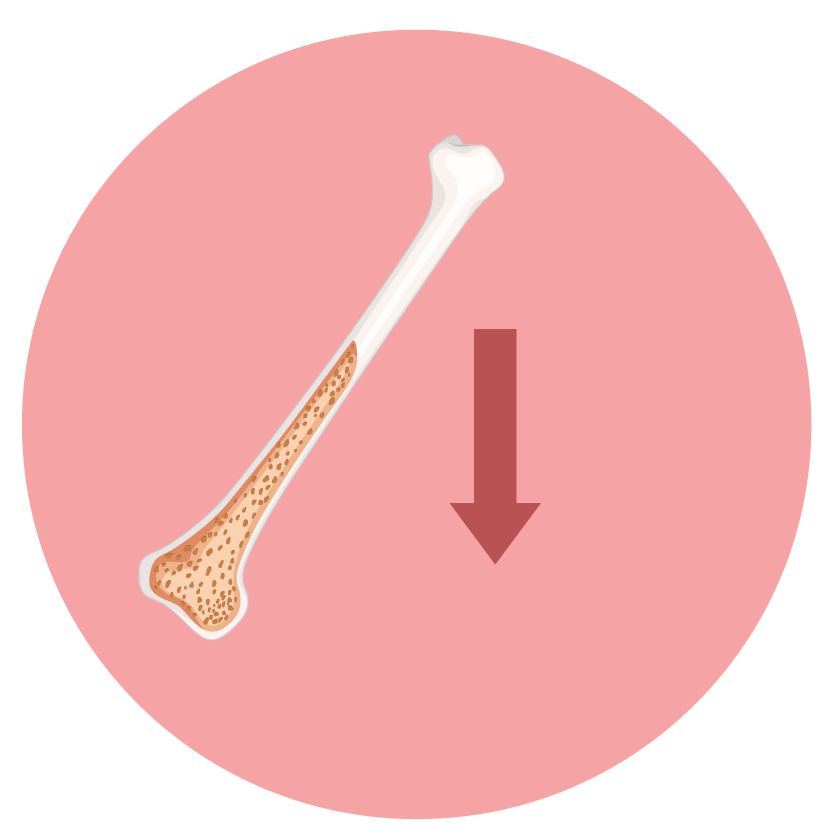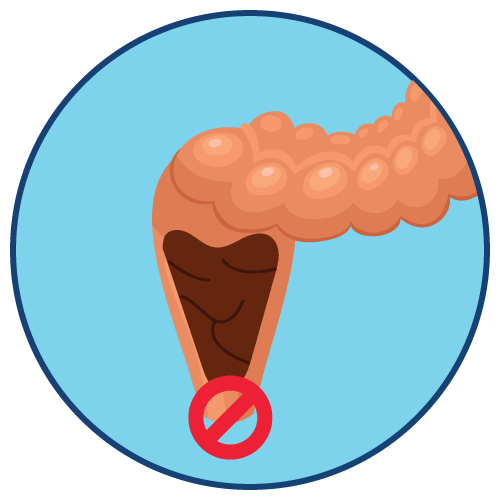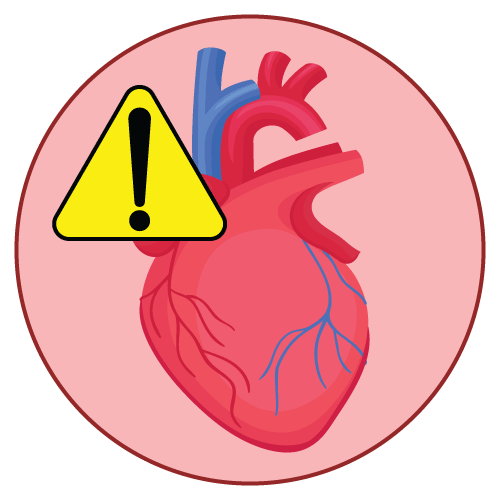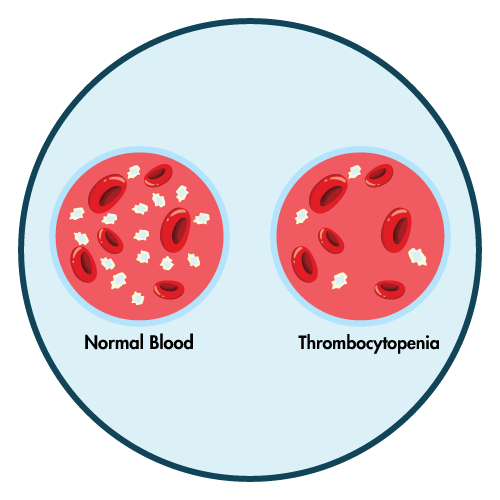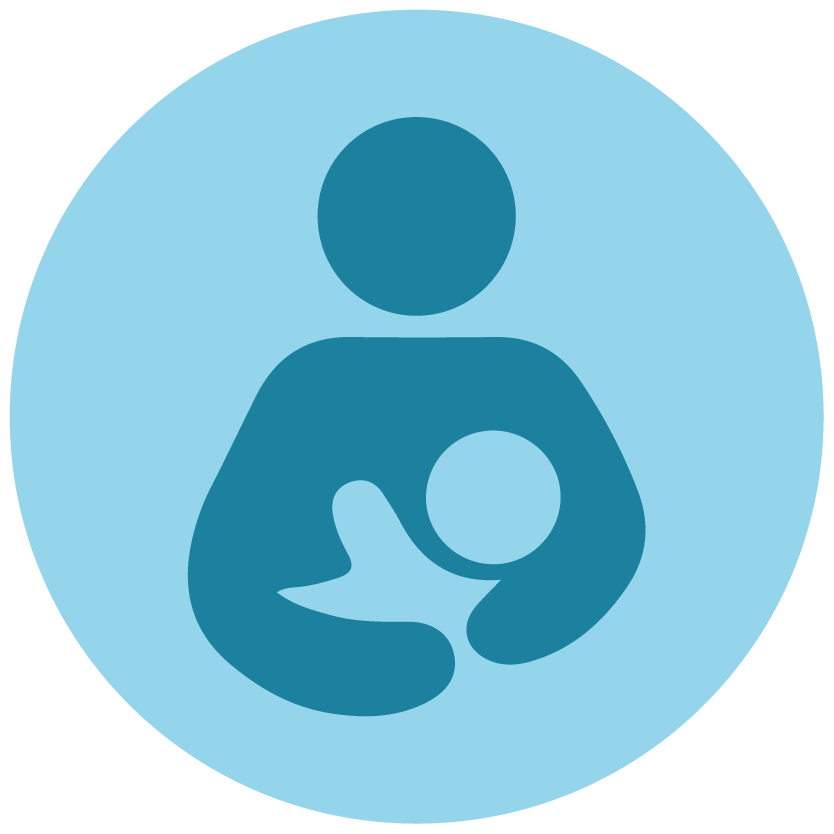| Name | Daunorubicin |
| Classes |
Antiinfective Agent Anticancer/Antineoplastic Agent Antibiotic |
| Diseases |
Cancer Leukemia |
Daunorubicin
Daunorubicin is antineoplastic drug from the class anticancer antibiotics. Daunorubicin's cytotoxic effect on malignant cells and toxic effects on various organs are thought to be related to nucleotide base intercalation and cell membrane lipid binding activities. Intercalation prevents nucleotide replication as well as the activity of DNA and RNA polymerases. An important mechanism of Daunorubicin HCl cytocidal activity appears to be the interaction of Daunorubicin with topoisomerase II to form DNA-cleavable complexes.
Daunorubicin is indicated for the treatment of the following conditions-
- Ovarian cancer: After failure of platinum-based chemotherapy.
- AIDS-related Kaposi’s Sarcoma: After failure of prior systemic chemotherapy or intolerance to such therapy.
- Multiple Myeloma: In combination with bortezomib in patients who have not previously received bortezomib and have received at least one prior therapy.
Administer Daunorubicin at an initial rate of 1 mg/min to minimize the risk of infusion reactions. If no infusion related reactions occur, increase rate of infusion to complete administration over 1 hour. Do not administer as bolus injection or undiluted solution.
- Ovarian cancer: 50 mg/m2 IV every 4 weeks for 4 courses minimum.
- AIDS-related Kaposi’s Sarcoma: 20 mg/m2 IV every 3 weeks.
- Multiple Myeloma: 30 mg/m2 IV on day 4 following bortezomib which is administered at 1.3 mg/m2 bolus on days 1, 4, 8 and 11, every 3 weeks.
Most common adverse reactions are
- asthenia
- fatigue
- fever
- anorexia
- nausea
- vomiting
- stomatitis
- diarrhea
- constipation
- hand and foot syndrome
- rash
- cardiac problems
- neutropenia
- thrombocytopenia
- anemia
- As the total cumulative dose of doxorubicin HCl approaches 550 mg/m2, myocardial damage may occur, leading to congestive heart failure. With mediastinal irradiation or concurrent cardiotoxic agents, cardiac toxicity can occur at lower cumulative doses.
- Acute infusion-related reactions occurred in up to 10% of patients, and were sometimes reversible by stopping or slowing infusion. There have been reports of serious, and sometimes fatal, allergic/anaphylactoid-like infusion reactions. Medications and emergency equipment to treat such reactions should be readily available.
- Severe myelosuppression is possible.
- In patients with impaired hepatic function, reduce the dosage.
- Daunorubicin was accidentally substituted, resulting in severe side effects. Do not substitute doxorubicin HCl for it on a mg-for-mg basis.
- Patients may develop hand foot syndrome as suggested by clinical reports.
- Recall reaction has occurred with Daunorubicin administration after radiotherapy.
- Daunorubicin can cause fetal harm when administered to a pregnant woman. There are no adequate and well-controlled studies in pregnant women.
Contraindication
Contraindicated in patients hypersensitive to daunorubicin.
None known.
Contraindicated in Nursing mothers/ lactation.
 Bangla
Bangla English
English